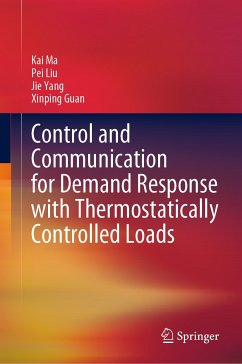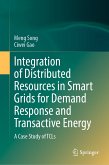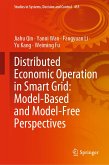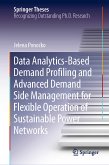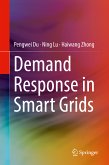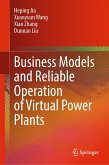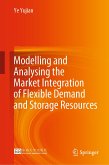The book focuses on control and communication for demand response with thermostatically controlled loads. This is achieved by providing in-depth study on a number of major topics such as load control, optimization strategies, communication network model, resource allocation methods, system design, implementation, and performance evaluation. Two major cost modeling methods are established in detail, which are cost modeling based on Taguchi Loss Function and cost modeling based on regulation errors. The comprehensive and systematic treatment of issues in optimization strategies and resource allocation for demand response are one of the major features of the book, which is particularly suited for readers who are interested to learn solutions in control and communication. The book can benefit researchers, engineers, and graduate students in fields of control theory, automation, communication engineering and economics, etc.
Dieser Download kann aus rechtlichen Gründen nur mit Rechnungsadresse in A, B, BG, CY, CZ, D, DK, EW, E, FIN, F, GR, HR, H, IRL, I, LT, L, LR, M, NL, PL, P, R, S, SLO, SK ausgeliefert werden.

